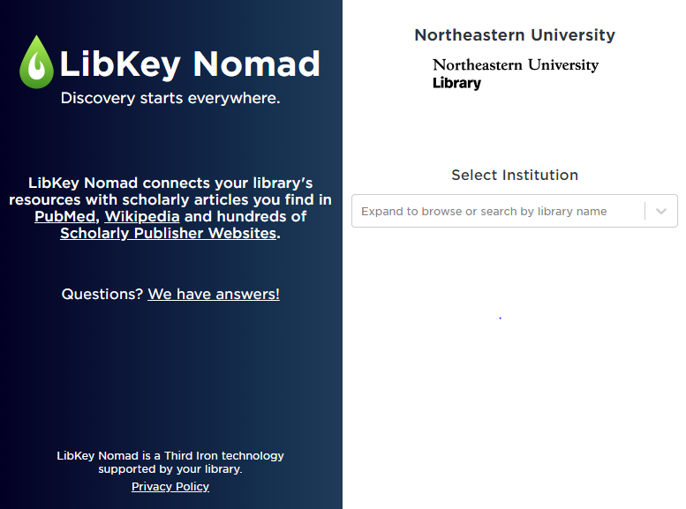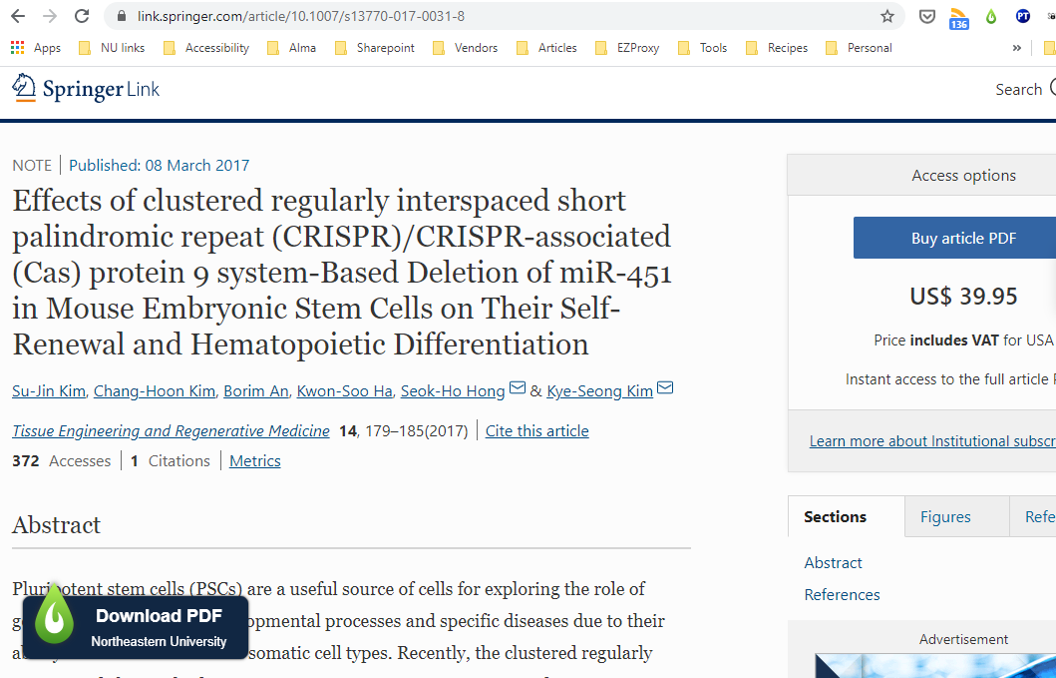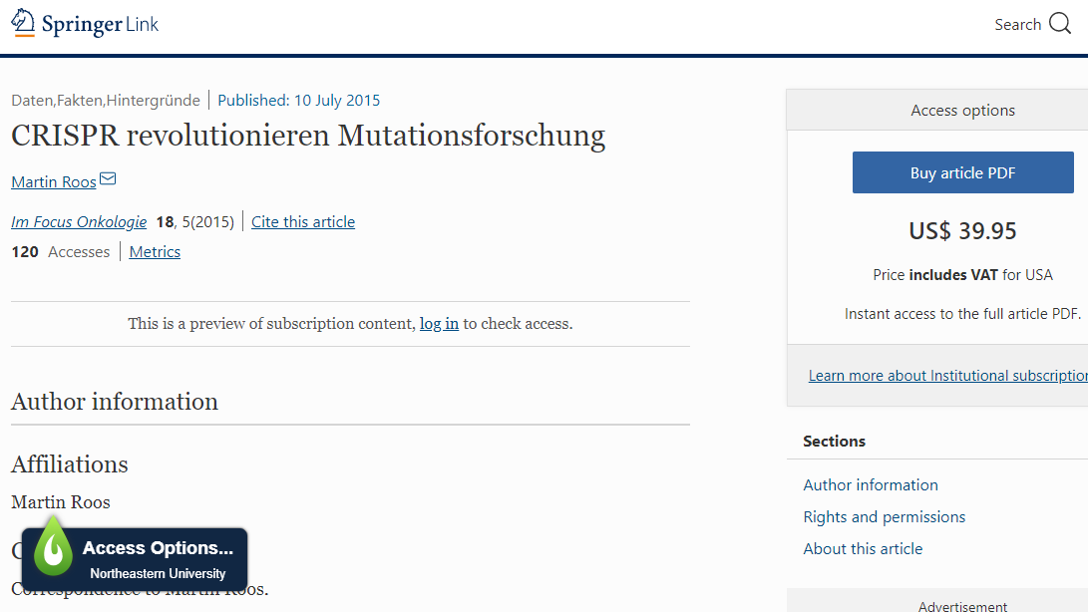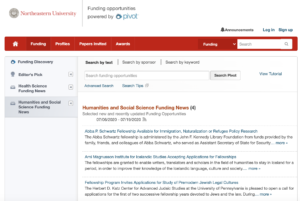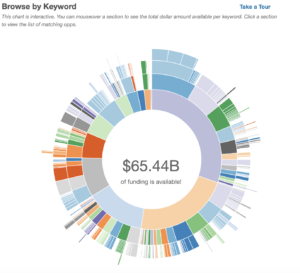When Snell Library shuttered its physical doors on Tuesday, March 17, staff were able to rely on robust online services and resources already utilized for our rapidly growing online programming and global campuses and communities, while also confronted with how to adapt those services that are more traditionally in-person and associated with the library as a physical place.
This is especially true in the Resource Sharing (Interlibrary Loan) department. While a sizeable portion of our services are already offered electronically, the building closure, and the closures of most of our partner institutions across the globe, has disrupted access to physical resources such as books and media, as well as the ability to scan physical items only available in print (such as chapters from older books and articles from older volumes of journals). Fortunately, the foundation of Resource Sharing is cooperative and symbiotic by nature, and the community has responded quickly and collaboratively.
Institutions across the country are halting fees associated with interlibrary loan (ILL) requests, and informal requests are being filled more efficiently via listservs. Service providers such as OCLC and Atlas Systems (WorldCat/WorldShare and ILLiad, respectively) have worked around the clock to implement new procedures to adjust due dates, adapt expectations, and simplify workflows for library staff members and patrons newly working from home. RapidILL quickly established a COVID-19 lending pod of willing member institutions; Northeastern is one of 174 participating libraries who are providing article and chapter requests to over 150 non-Rapid institutions across the world, free-of-charge. And perhaps the most promising development is the long-due approach to lending ebooks via interlibrary loan.
Like the music, film, and television industries, book publishers and providers have been slow to the idea sharing ebooks. Public libraries have had success with ebook lending using platforms like Overdrive and Hoopla, while academic libraries buy access directly from vendors such as Ebsco and ProQuest.
The main hurdles in ebook lending via ILL, however, come down to licensing and platform capability: libraries’ licensing for ebook access are typically limited to institutional affiliates and not licensed to share outside the institution. And one of ILL’s most-used management softwares, ILLiad, was not designed to handle either large file sizes, or DRM-protected content. While libraries are fierce advocates for freely sharing licensed (and purchased!) content, the owners of said content have generally offered a collective shrug or cited the potential of lost revenue.
There is no time like the present. Prior to and in response to COVID-19, both the Internet Archive and HathiTrust have been proponents of both Controlled Digital Lending and Fair Use copyright laws in the sharing of full ebooks, and consortia and institutions across the world are continuing to negotiate ILL permissions into their licensing. Through the impressive negotiating of Virginia’s Viva Consortium and OCLC’s compilation of a pilot group of lending institutions who are able to loan ebooks, however limited or specific their offerings, the Northeastern University Library has already had success borrowing full ebooks in ILL. While limited to specific institutions, through specific licensing agreements, and even down to specific books, the tide is changing as the sharing of ebooks through interlibrary loan becomes a reality.
The Resource Sharing department encourages our patrons to continue to submit any desired requests, and we will try our hardest to acquire and fulfill them. Please keep the following in mind:
- Until the library reopens, physical loans are still prohibited. Due dates for existing ILL loans have been extended and accrued fines will be cleared. Please hold on to them until further notice.
- Full book requests are possible, but they must exist as ebooks; this may limit access to older or rarer texts. We cannot guarantee fulfillment (and at this point, chances are low) but are willing to try and are hoping the possibilities will continue to expand.
- We ask that you please consider the ethical implications of requesting articles and book chapters that are only available in print, and so require on-site scanning by our lending partners. We are willing to try, but appreciate your patience and willingness to wait when possible.
- The physical processing of items (both loans and returns) will be following the guidelines currently being developed by the Institute of Museum and Library Services (IMLS).
For more information about accessing resources during the COVID-19 pandemic, visit our resilience page.
Please feel free to contact us at ill@northeastern.edu and stay safe and healthy!
